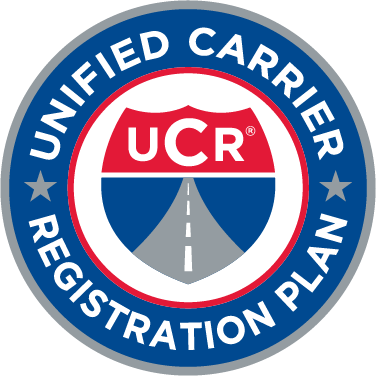Operating a commercial truck without the correct permits and registrations is one of the fastest ways to get fined, placed out of service, or stopped at a weigh station. Every state has different rules, and missing even one required account can create serious operational issues.
AtKN Multiservices, we providecommercial vehicle registration and truck permit services in New Jersey, helping owner-operators, fleets, and interstate carriers stay fully compliant across state lines.
FromUCR and IFTA setup tostate highway use taxes and special permits, we handle filings accurately so your trucks stay legal on the road.

If your truck operates across state lines, federal and state permits are mandatory. Each requirement serves a specific compliance purpose — and missing one can lead to enforcement action.
We simplify the entire process by identifyingexactly which permits apply to your operation and filing them correctly.
Unified Carrier Registration (UCR) is required for all interstate carriers operating commercial vehicles. Fees are based on the number of vehicles in your fleet and must be renewed annually.
We support owner-operators, small fleets, large carriers, and new trucking companies preparing for interstate operations.
Fleet Size |
Fee |
|---|---|
|
0 - 2 Vehicles |
$100 |
|
3 - 5 Vehicles |
$231 |
|
6 - 20 Vehicles |
$355 |
|
21 - 100 Vehicles |
$1,055 |
|
100+ Vehicles |
Contact Us |
State fees not included.
Failure to file UCR can result in fines, roadside enforcement issues, and registration problems. We ensure your UCR is filed on time and correctly.
IFTA allows qualified commercial vehicles to operate in multiple jurisdictions without purchasing fuel trip permits in each state.
We assist withnew IFTA account setup so you can operate legally across participating states.
For full information onIFTA services
TheFMCSA Drug & Alcohol Clearinghouse is a federally mandated database tracking violations for CDL and CLP holders.
Failure to register can result in enforcement actions and authority issues.
The Clearinghouse, mandated by Congress and managed by the Secretary of Transportation, stands as a robust online database pivotal in ensuring the safety and integrity of commercial driving. It provides a real-time repository of drug and alcohol program violations for CDL and CLP holders, offering essential transparency to employers, FMCSA, SDLAs, and law enforcement.
Does Clearinghouse Apply To Your Business?
The Clearinghouse impacts anyone holding a commercial driver’s license (CDL) and driving a commercial vehicle on public roads, as well as those who employ them. This includes:
Interstate carriers often requireadditional state-specific permits and tax accounts beyond UCR and IFTA.
We guide you through each application and ensure accounts are active before operation.
Not every commercial vehicle requires IRP. If your operation is intrastate or otherwise exempt, we assist withstandard commercial vehicle registration in New Jersey.
For more information, visitApportioned Plates (IRP)
Depending on the permit or registration type, you may need:
Not sure what applies? We verify everythingbefore filing to prevent rejections.
Truckers choose us because mistakes are expensive — and we don’t make them.
We don’t upsell unnecessary permits. We file what you actually need.
If you operate ONLY intrastate, UCR is not required.
Yes, we file quarterly IFTA returns for you.
Only if you operate in or through Kentucky or New Mexico.
Yes—any employer or driver operating CDL vehicles must register.
No. We handle the entire process with the DMV to obtain your plates quickly and efficiently.
Ready to move forward? Contact KN Multiservices for fast, reliable support — we’re here to help you every step of the way!

We’re your go-to team for top-tier truck permits and smart business solutions
KN Multiservices © 2025. All rights reserved.